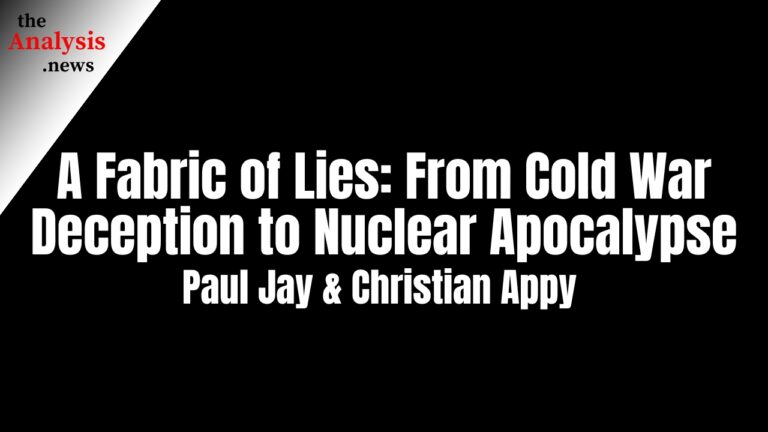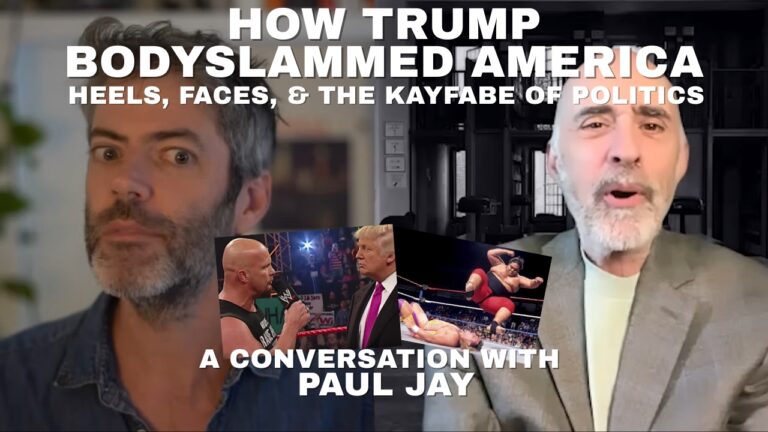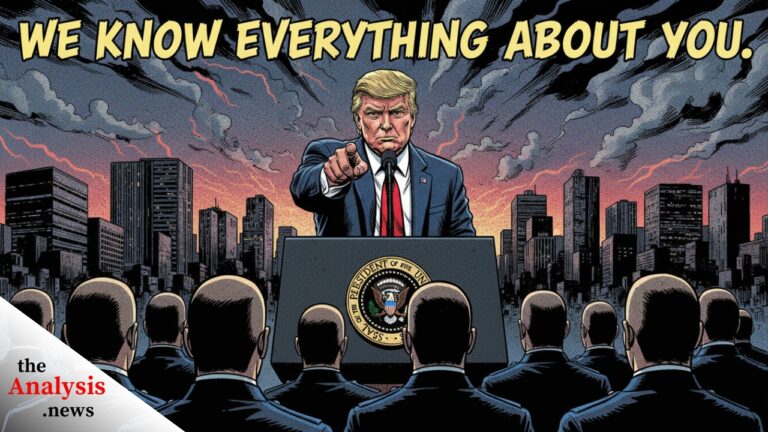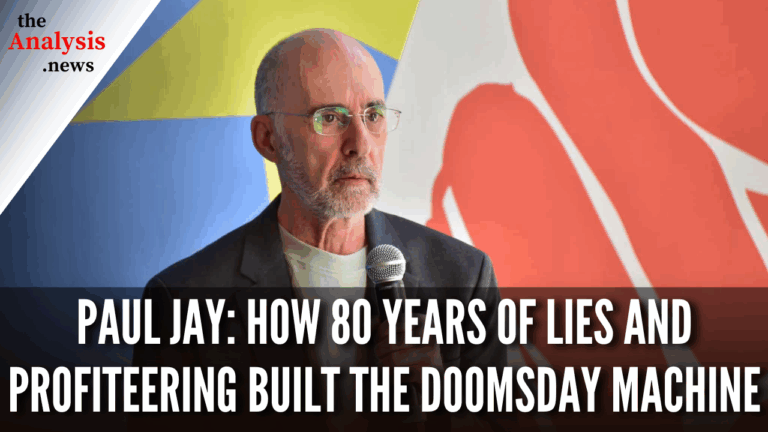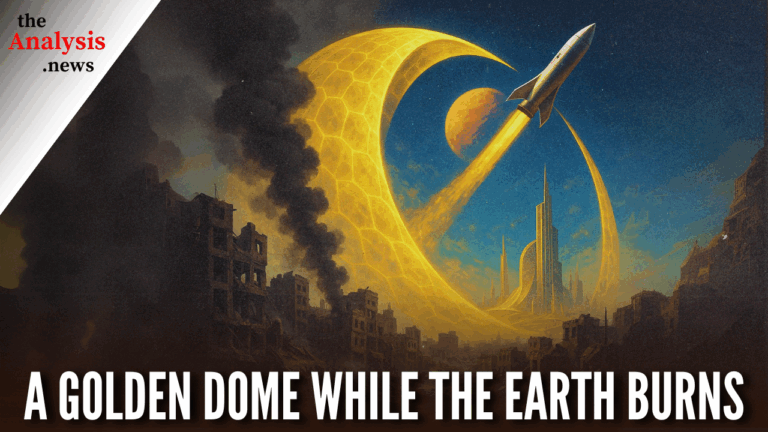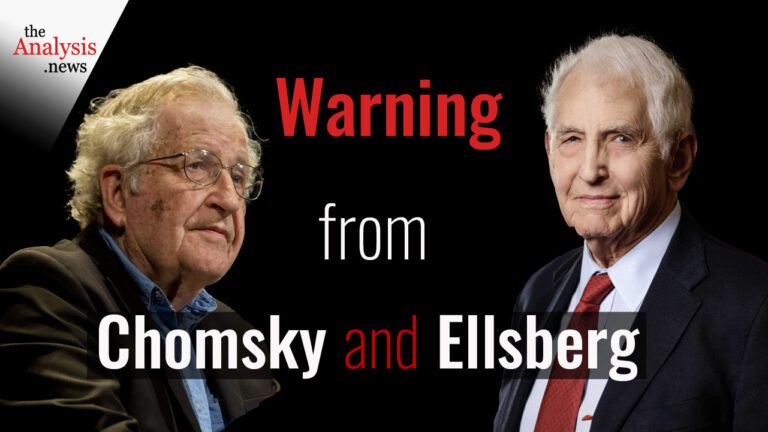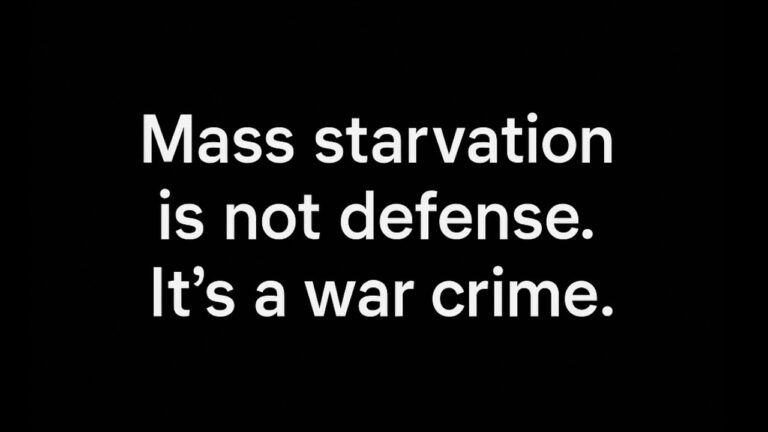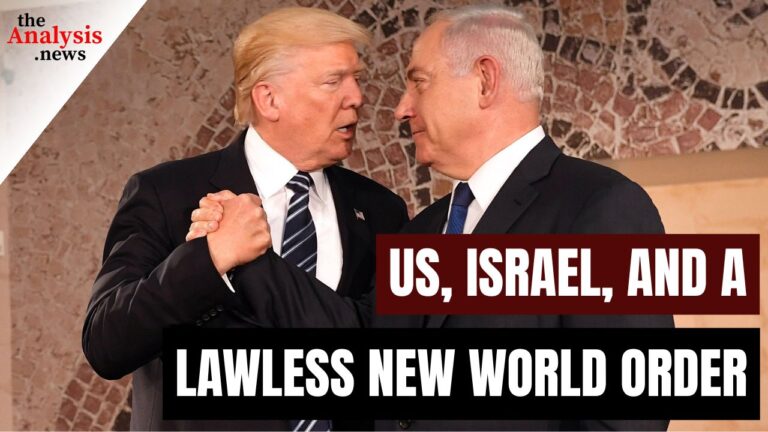A Fabric of Lies: From Cold War Deception to Nuclear Apocalypse | Paul Jay & Christian Appy
Complete recording of filmmaker Paul Jay’s presentation and Q&A at UMass about his upcoming documentary “How to Stop a Nuclear War,” based on Pentagon Papers whistleblower Daniel Ellsberg’s book “The Doomsday Machine.” Moderated by historian Christian Appy, Jay traces American militarization from slavery and westward expansion through the Manhattan Project to today’s trillion-dollar nuclear modernization. The discussion explores why nuclear threats remain taboo in public discourse, BlackRock’s role in nuclear financing, how the climate crisis amplifies nuclear risk, the dangers of AI-controlled missile defense, and why elite interests might actually align with working people on this issue.
